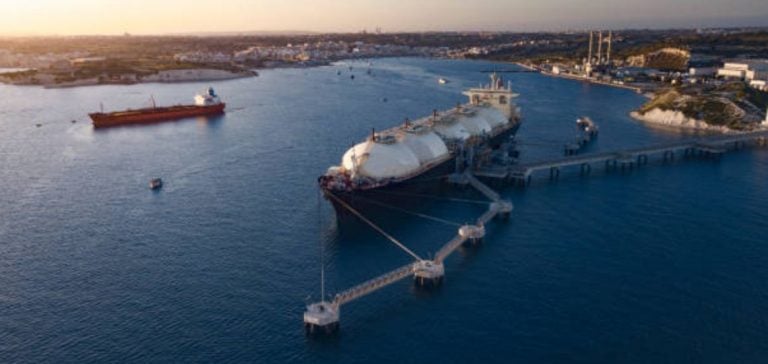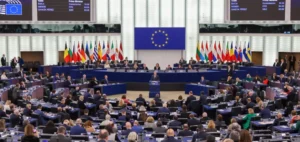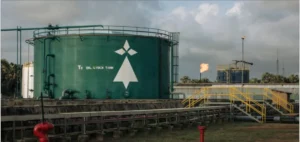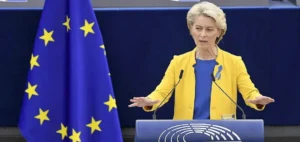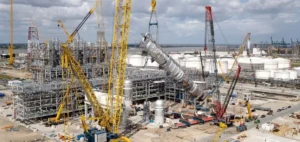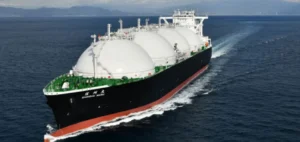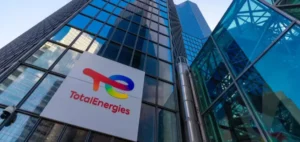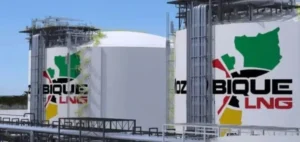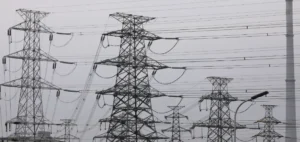The year 2024 saw a significant increase in volumes traded on Japan Korea Marker (JKM) options, the benchmark index for liquefied natural gas (LNG) prices in Northeast Asia. Between January and August, 23,460 lots were traded, compared with 14,660 for the whole of 2023.
This trend demonstrates a growing interest in options as a risk management tool in a context of increased volatility of LNG prices.
The appeal of JKM options in a changing market
Faced with price uncertainty, energy market players are adapting their hedging strategies.
JKM options offer greater flexibility than futures contracts, by limiting the risk to the option premium paid.
Unlike futures contracts, which impose a firm commitment, options offer buyers the possibility of deciding whether or not to exercise their right, depending on market trends.
This flexibility is an important asset in an LNG market where price fluctuations are frequent and often unpredictable.
Traders can thus protect their physical portfolios while maintaining room for manoeuvre.
This approach explains the increase in trading volumes, mainly via brokers specializing in energy derivatives.
Limits and associated costs
However, this trend comes with certain challenges.
Despite the appeal of JKM options, liquidity remains a major issue.
Compared to futures, options have relatively low market participation.
What’s more, option premium costs can represent a barrier for some players.
In the event of an unfavorable price scenario, the premium paid is lost, which may discourage some companies from systematically using this type of instrument.
Other risks also need to be taken into account, particularly for option sellers.
If the JKM price rises above the call option’s strike price, the seller is forced to buy at a higher price, which can lead to substantial losses.
Market outlook and trends
Despite these obstacles, the outlook for JKM options remains positive.
The steady increase in volumes traded since 2020 shows that market players are moving towards more frequent use of these hedging tools.
This trend is set to strengthen as risk management needs evolve in a sector increasingly exposed to price volatility.
Futures contracts on the JKM also continue to grow, with a total of 680,717 lots traded between January and September 2024, surpassing the 640,330 lots traded in 2023.
This dynamic reflects growing interest in the LNG derivatives market, whether through options or futures.
The evolution of hedging strategies on the LNG market, with the increasing integration of options, reflects a growing demand for flexibility in the management of floating prices.
Players are thus seeking to minimize their exposure to risk, while retaining the ability to optimize their profits when market conditions are favorable.


